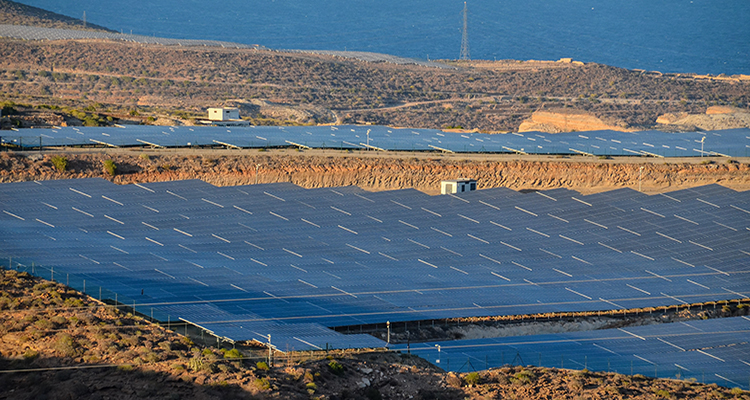1 GW PV project in Turkey not enough for solar’s road to success
A new joint venture will soon launch a remarkable 1 GW solar project in Turkey. However, this might not suffice to pave the road to success.
The Turkish renewable energy market is not among the strongest (after all, the country’s solar power capacity was 899 MW in February), partly due to unclear regulations and import restrictions. Now a joint venture formed by Kalyon Enerji and Hanwha Q Cells has successfully won the tender for a remarkable project: a 1 GW solar power plant in Turkey. All of the used components have to manufactured locally, but will this be enough to bring the desired boost for the Turkish solar market?
A tender with various restrictions that ignites hope
The tender was held under the Renewable Energy Resources Zone framework. The winning tender of Kalyon Enerji and Hanwha Q Cells – 6,99 USD/kWh – comes with a series of restrictions: along with all components having to be manufactured locally, a minimum ingot to the module line of 500 MW/year is compulsory. Furthermore, the 500 MW factory has to be operational within 21 months. The power plant project has to be finalized and ready for operation within 36 months. The price of the tender is valid for 15 years and grants companies 30 years of usage rights.
All of this means a big step for Turkey, which until now has no solar cell production. International Solar Energy Society’s Turkey Division (GUNDER) President Kutay Kaleli expressed his confidence in Turkey’s solar future, nurtured by this recent development: “The fact that a plant of this scale, which could not yet be achieved in any other country in the world, will be built in Turkey together with the significant amount of foreign investment in high technology in Turkey indicate the degree of confidence in the future of the Turkish economy.”
Other solar companies are less enthusiastic
Other companies, like Jinko Solar, a Chinese manufacturer of solar cells, modules and wafers, don’t share this trust in the future of solar in Turkey. Bureaucracy, political unstabilty, anti-dumping investigation for Chinese modules, import restrictions and finance represent difficult challenges for any possible investments in Turkey, or so they claim. Planned inspection taxes and a five-fold increase of grid transmission fees will only add to the list of hurdles.
Schneider Electric explained legislative barriers to pv europe
Cem Göçmen, Turkey Country Sales Leader Solar Business from Schneider Electric, spoke to pv europe about the legislative barriers his company sees in the Turkish market. “Although the recent economic and political developments seem to have some negative effects on Solar Investments, we have more issues on the legislation side. It looks Turkey has not yet clearly decided its approach towards solar Energy”, he explained. “There are obvious moves against License Free Projects. License Market is also effected negatively by Import Supervision. One might think that the investment landscape does not give much confidence to investors, especially to foreign ones. I also accept that under these circumstances it is not easy for anyone (investor, supplier, developer etc,) to build mid-long term plans”, he said.
“However, Turkey always finds a solution. Solution might come late and might not meet the expectations perfectly, but it comes. Schneider Electric has been a strong solution partner for Electrical Industry market players for more than 40 years in Turkey. We believe that Solar Business, together with other renewables and supporting technologies such as storage, will be the future of power sector. And we will be present at all dimensions.“
Title image: underworld/shutterstock





